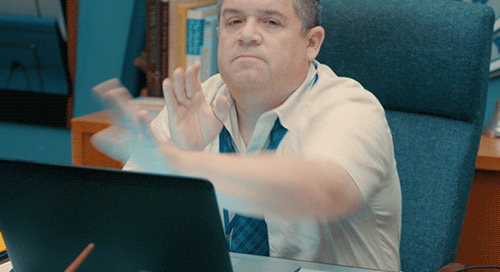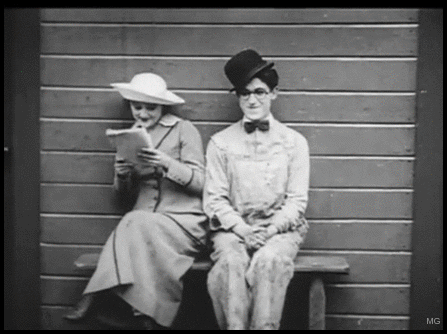“Lincoln did not do what many people would have us do today with someone we encounter who holds an obviously wrong belief.” — Steve Inskeep
BRAIN WAVES
We need to talk. Tough conversations can be good for relationships. They can strengthen trust and help people understand each other better. The problem is, difficult conversations are, well, difficult. It’s not always easy to confront a roommate about their exasperating habits or bring up relationship issues with your spouse. A new study suggests we overestimate how awkward those conversations actually are, so we avoid having them altogether. In one experiment, people were asked to confront a roommate about an issue they had with them. The results? Generally, the roommates’ response to the confrontation was much more positive than people expected it to be. Findings were similar when it came to confronting romantic partners, too. “Addressing conflicts openly and honestly is critical for maintaining relationships,” the study concluded. “People’s expectations about a confrontation seemed to be biased more in the direction of worst-case scenarios than in the direction of best-case scenarios.”
Fix it. We all make mistakes and sometimes hurt the people we love. When that happens, most of us apologize and hope to move on. Apologies are great, but clinical psychologist Becky Kennedy says repair is even more important. In a TED Talk, Kennedy says “repair is the act of going back to a moment of disconnection. Taking responsibility for your behavior and acknowledging the impact it had on another.” She says there’s a crucial difference between repair and an apology. “When an apology often looks to shut a conversation down…a good repair opens one up.”
Common ground. The United States, we’re told, is increasingly a house divided. But are we really as divided as we’re led to believe? Listen to learn more.
ON THE HIDDEN BRAIN PODCAST
US 2.0: Lincoln’s Dilemma: Over the past few weeks, we’ve been exploring the psychology of partisanship, and how to effectively handle disagreements with those around us. This week, we conclude our US 2.0 series by turning to the past. We’ll explore how one of the most important leaders in American history — Abraham Lincoln — grappled with the pressing moral question of his time. When, if ever, is it worth compromising your own principles for the sake of greater progress?.
ON THE MY UNSUNG HERO PODCAST
Bethany Renfree’s Story: Bethany was feeling overwhelmed as a single mom with three small children. But one small act of kindness by a neighbor let Bethany know she'd be okay.
Don’t forget to send us the story of your unsung hero! Record a voice memo on your phone and email it to myunsunghero@hiddenbrain.org.
MIND GAMES
A man left home running. He ran away and then turned left, ran the same distance and turned left again, ran the same distance and turned left again. When he got home, there were two masked men. Who were they?
LAST WEEK’S PUZZLE
What can you hold in your left hand but not in your right?
Answer: Your right elbow. Your right wrist or right hand also works.
IN CASE YOU MISSED IT
Hidden Brain is a game! Do you struggle to recognize people after you've met them? Do you like games and puzzles? If so, you should try Hidden Brain Daily Challenge, our new app available on Apple iOS! It features our very first game, designed to help improve your facial recognition skills. Check it out here.
A MOMENT OF JOY
We may not be fashionistas, but we know haute couture when we see it.
Have an idea for Hidden Brain? A story you want to share with us? Send an email to ideas@hiddenbrain.org. Listen to us on Spotify, Apple, Amazon Music or your favorite podcast platform.






